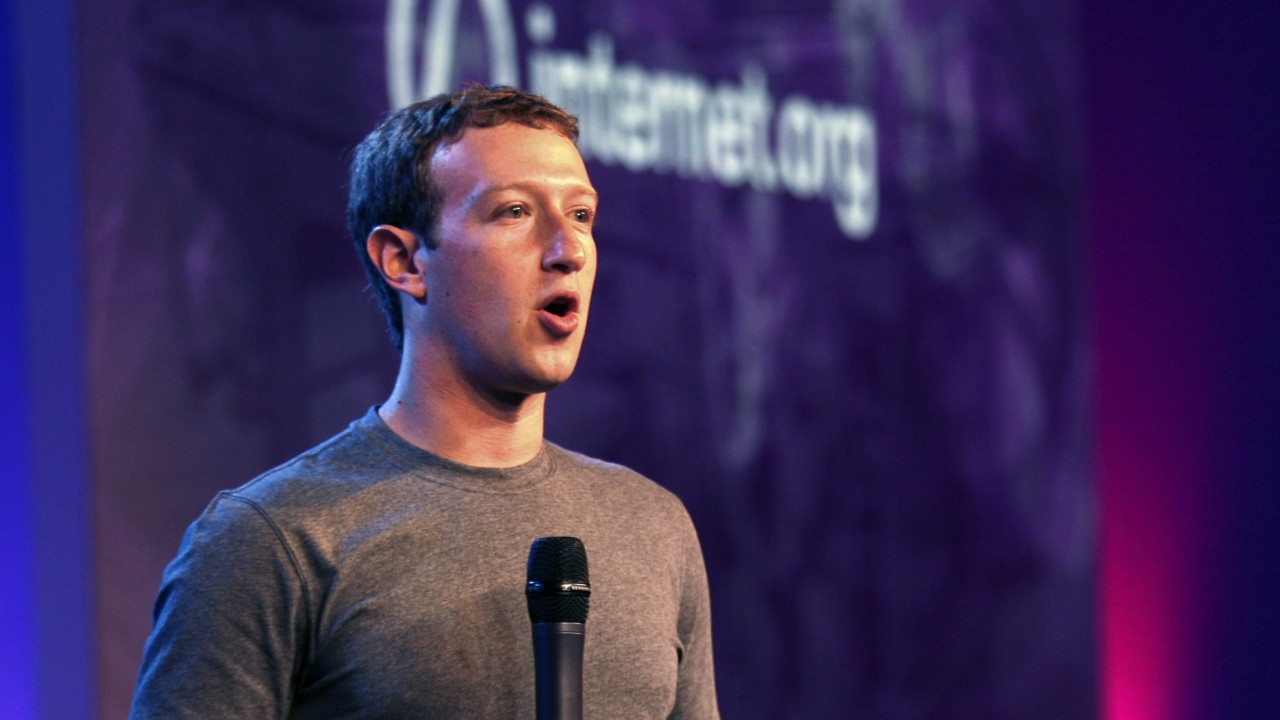Last year, Germany threatened to make Facebook liable for hate speech posted on their website. Now an Austrian court has ruled that the company must remove postings which are considered to be hate speech.
According to a report by Reuters, the decision came in a case filed by Austria’s Green Party which claimed that insults directed against its leader, Eva Glawischnig, constituted hate speech. An appeals court in Vienna ruled that Facebook needs to remove both original and verbatim examples of such speech referencing Glawischnig, making it clear that simply blocking such content for Austrian users without deleting them for foreign users would be insufficient.
It wasn’t a total loss for the social-media giant with a monthly active user base of approximately 1.28 billion monthly active viewers. The court ruled that Facebook would not be expected to search for content that is similar to hate speech postings without being identical to it.
Green Party representatives have already said that they hope Austria’s highest court will rule that the U.S.-based company has to remove similar postings as well as identical ones. In addition, they want Facebook to forcibly identify individuals who create fake accounts to post hate speech.
As Green parliamentarian Dieter Brosz put it, “Facebook must put up with the accusation that it is the world’s biggest platform for hate and that it is doing nothing against this.”
Austria isn’t the only country in Europe to crack down on social media hate speech. Last month the German cabinet approved a plan that fines social networks up to 50 million euros ($55 million) for not promptly removing hate speech, while the European Union is contemplating imposing stricter anti-hate speech rules throughout the European Union.
Nevertheless, it is unclear whether these rulings could be implemented in nations that have more liberal free speech laws than Austria or Germany. Countries like the United States, for instance, place considerable emphasis on the importance of free speech and may be reluctant to engage in legal action against individuals whose speech isn’t already prohibited. Examples of speech that is prohibited by the United States includes obscenity, child pornography, and fighting words and other threatening language.
Further, there are technical questions as to whether policing the speech of the estimated 1.94 million who use Facebook every day is even possible, though top-down attempt by the company to do so are currently underway.


